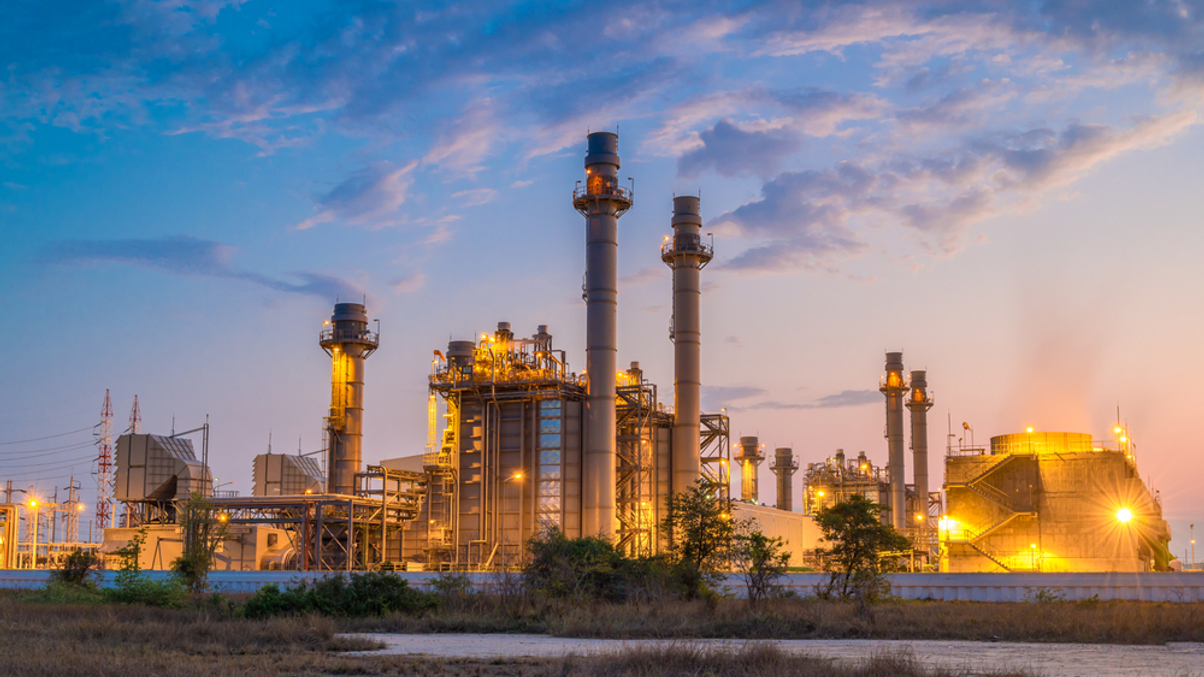China’s Silk Road Fund acquires Uzbekistan power plant on Xi’s visit
The sovereign fund carrying out the Belt and Road Initiative is expanding its footprint in Central Asia by partnering with Saudi’s leading private water and energy operator, ACWA Power.

China’s Silk Road Fund (SRF) has purchased 49% of shares in a $1 billion gas-fired power plant in Uzbekistan from Saudi private operator ACWA Power, further expanding China’s Belt-and-Road investments during President Xi Jinping’s first overseas visit since the pandemic started.
Sign in to read on!
Registered users get 2 free articles in 30 days.
Subscribers have full unlimited access to AsianInvestor
Not signed up? New users get 2 free articles per month, plus a 7-day unlimited free trial.
¬ Haymarket Media Limited. All rights reserved.


